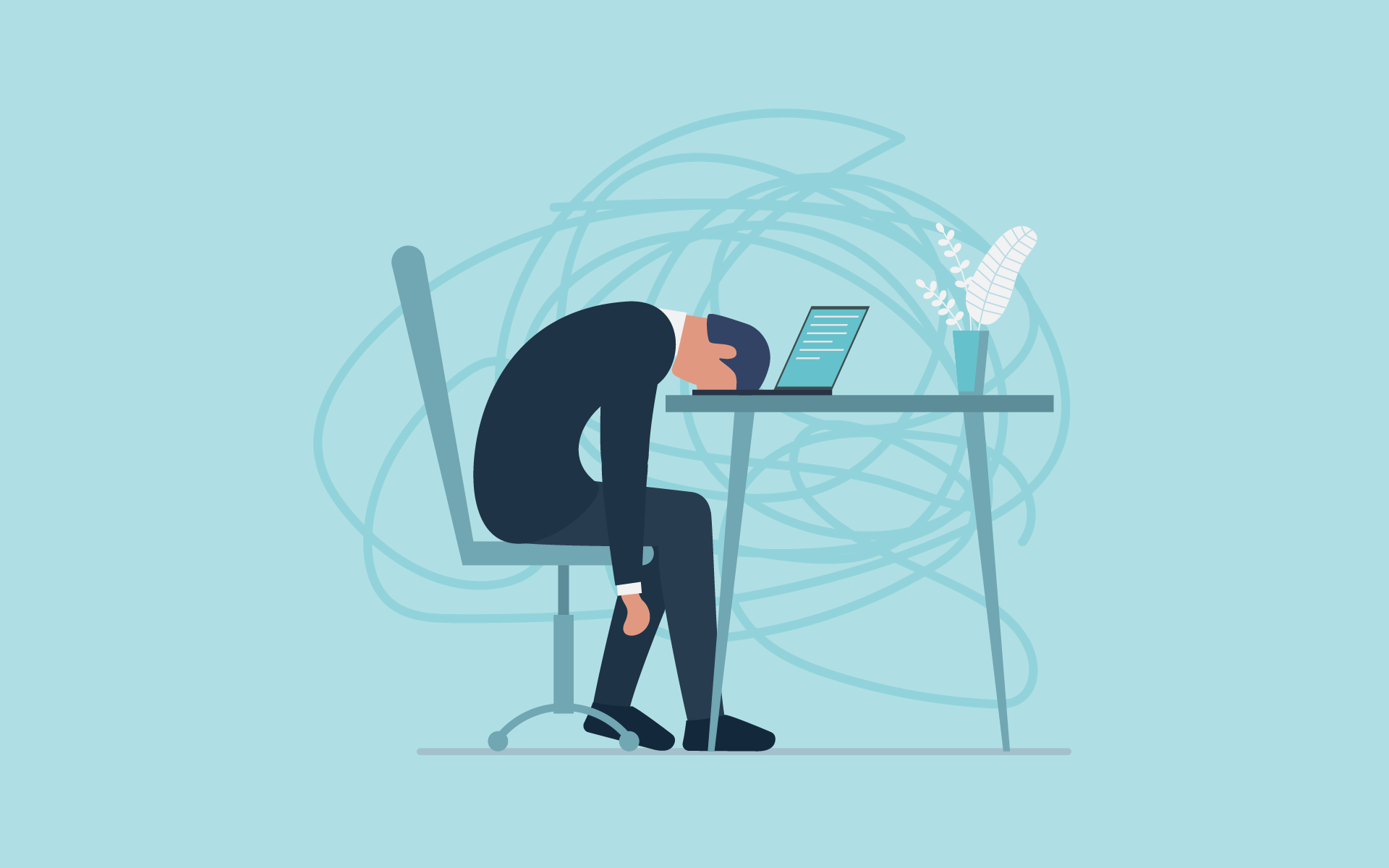Why mental health in the workplace is everybody’s business

In a world still struggling with post-pandemic burnout, it’s time to make a difference where it matters.
In late 2022, psychologist Naomi Holdt wrote a Facebook post addressing why many of us are feeling exhausted.
The post resonated with me and thousands of others. Its virality echoes a simple truth. People are struggling, and it’s taking a toll on our mental health.
Last year was a tough year, on the back of two even tougher years. Many of us are feeling emotionally and physically exhausted, in our homes and our workplaces.
As a leader in my organisation, I am constantly asking myself: what is our responsibility?
What role should I and the business play in supporting people as they cope with life’s everyday pressures?
Even more importantly, what can we do to support those struggling with mental illness?
There is no easy answer. There are a variety of attitudes towards mental health, ranging from “your mental health is your problem” to “your mental health is our problem”.
Then there is the harsh business reality that we have to do something, because of the impact on productivity and the ability of the business to meet its objectives.
Additionally, businesses and managers must balance the need to provide adequate support with the risk of interfering or disempowering employees.
To complicate things further, different generations may have different ways of managing their mental health.
A Gen X person will manage their mental health in silence, slowly shutting down to the point of inertia and eventually, meds.
A Gen Z person, on the other hand, will suffer in public, take sick leave, and hopefully, meds.
It can be a challenge to navigate these complexities and determine what kind of support is appropriate and effective.
Raising awareness of the impact of behaviour on the individual and the business is crucial.
We must follow this up with direction on how to support individuals, while also giving them the space to support themselves.
Though mental health is a personal journey, workspaces can help in the healing process. Here are some suggestions.
Make sure the workspace isn’t toxic.
Our work and home environments play a huge role in our mental wellness. Politics, workplace bullying, overworking and lack of transparency can contribute to anxiety, insecurity, fear, and imposter syndrome, none of which are good for mental health.
If possible and within budget, provide access to online therapy, on platforms such as Ollie.health.
This allows people to take action, without the business getting too involved in the journey. Where this isn’t possible, an NGO such as Families South Africa (FAMSA) can help.
Clarify sick leave policies.
South African law allows for 30 days sick leave in a three-year leave cycle. Mental health leave falls under the same policy and rules as physical health. It is your right to take this leave when your need it. There should be no stigma attached to being booked off for burnout, just as there is no stigma attached to being booked off for flu.
Help managers have these conversations.
The more open and clear the relationship is, the better for the individual and the business. People can get the support they need, and the business can get a better sense of what to expect.
Ultimately, the most important thing is for the business and manager to set clear expectations about what individuals can and cannot expect.
Taking a few months off and expecting your job back might be unreasonable. Taking a few weeks to take care of yourself is not.
Above all, kindness, empathy, and compassion can go a long way. In a world that is often stressful and overwhelming, showing a bit of humanity can make all the difference.




